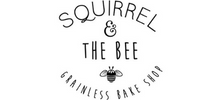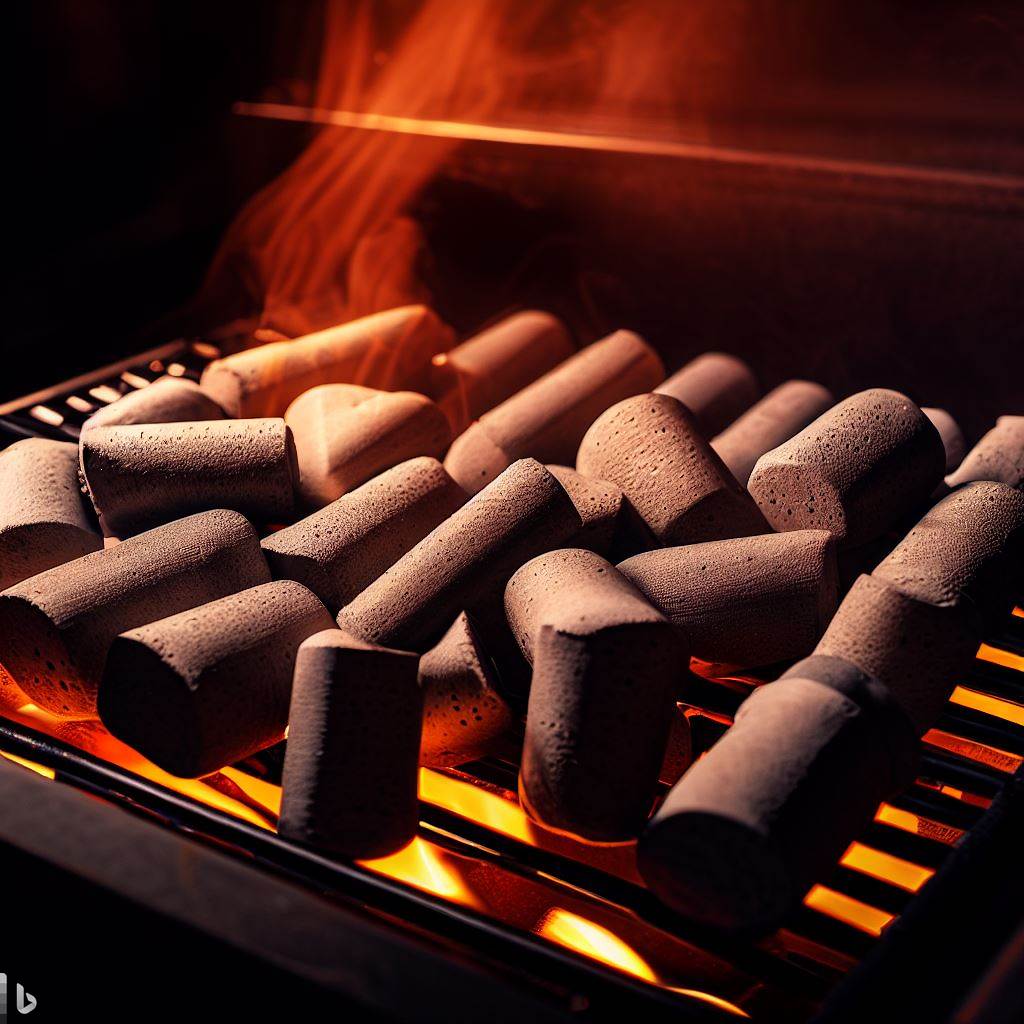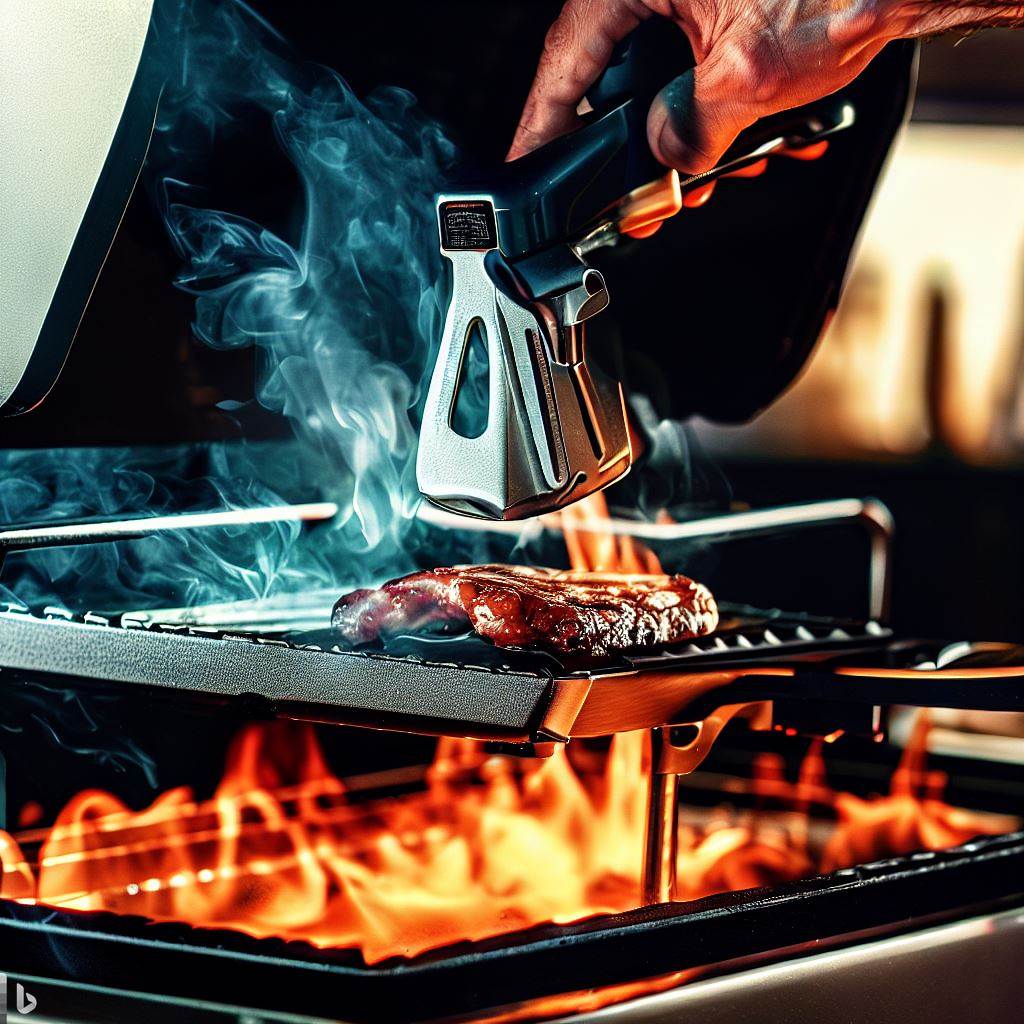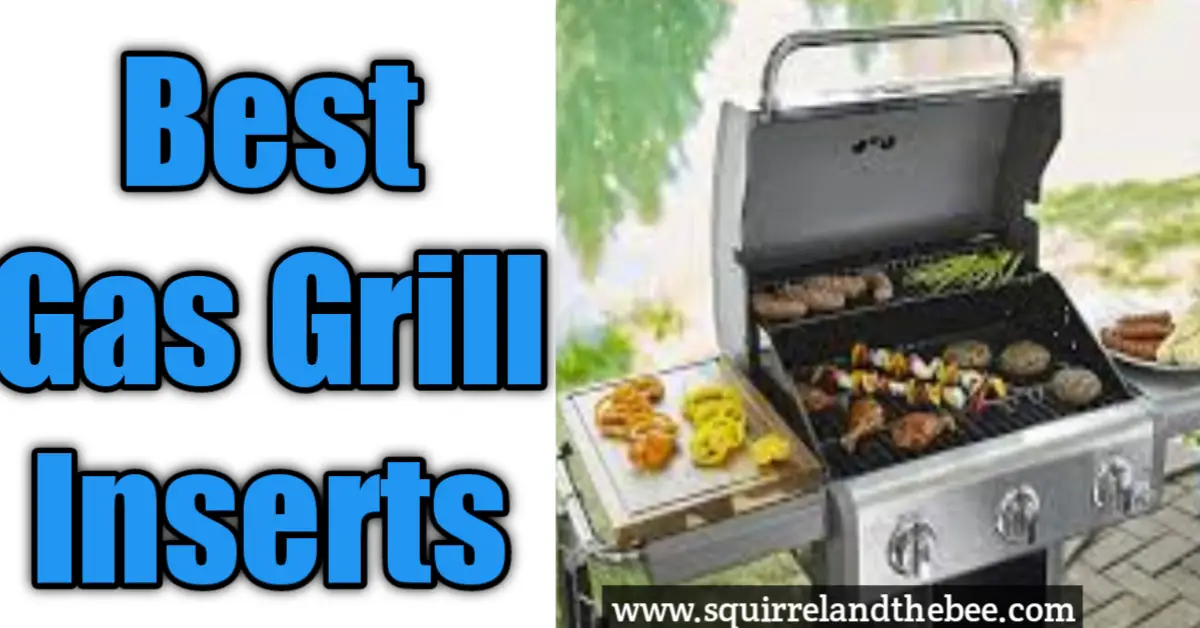PLEASE DON’T DO IT! In honesty, I love grilled food too. Can You Use A Propane Grill Indoors? I understand that there are situations where you might want to consider using a propane grill inside your house, but no matter what the case may be, a propane grill is not meant for indoor use in any way. Apart from actual reasons why you shouldn’t use a propane grill, you can try to search for tragic stories of what happened to people who were unlucky while using a gas grill indoor.
The propane grill emits more heat than the standard oven does when used in the kitchen. The heat released could be carbon monoxide; a poisonous gas produced if there isn’t enough oxygen due to poor ventilation in a confined space. Apart from the carbon monoxide produced, the heat is also a fire hazard.
Reasons Why You Shouldn’t Use A Propane Grill Indoor?
Propane gas can produce carbon monoxide:
Propane gas is a natural gas that can produce carbon monoxide in a confined space without adequate oxygen. The propane grill isn’t an oven built with a vent through which gas is passed outside to avoid the buildup of smoke or carbon monoxide. Carbon monoxide can be produced by any flame and continues to build up within the house, which is a ticking time bomb for your health.
Fire Breakout:
True, your normal gas stove uses gas like the propane grill. They are technically not that far apart, but your intelligent mind would also tell you that they are not the same thing, nor are they used the same way. The terrific heat emitted by the grill, if in any way, gets close to a wall, plastic, paper, or cloth, can cause a serious fire breakout.
High Possibility of Gas Leakage:
Can You Use A Propane Grill Indoors?
There are several scenarios in which there can be gas leakage when using a gas grill indoors. The most obvious way is through a slack or worn-out gas line. A gas line used for grills has to be fixed and removed every time the grill is not in use, and this weakens the gas lines, so gas can leak through that space no matter how small.
Also, the gas cylinder being filled and refilled consistently can get the valve weakened and can therefore cause gas leakage. If gas leaks through any of the connectors or the weak valve undetected, it can lead to a massive fire breakout as well.
It Doesn’t Isolate Heat Like An Oven Does:
Ovens are fit for indoor use because they can give off heat through their insulating setup. Propane grills, on the other hand, originally built for outdoor use, can produce so much heat with not enough ventilation to give them off. Now the heat continues to build up and this level of heat can hurt you. Not to mention the damage it can do to your properties without having to touch them.
Is Butane Safer Than Propane Indoors?
Firstly, butane gas is not safer than propane gas indoors and I will tell you why in a bit. To answer this question even better depends on where you mean by indoors and what you want to use it with. Is it a stove or a grill?
Butane can be used with butane stoves indoors, compulsorily with a lot of ventilation. The main reason why I would use a butane stove indoors is because of its excellent flame control, lightweight, and its automatic piezo-electric ignition that comes with it. With the flame control and automatic piezo-electric ignition together with the ventilation, one can control the heat; carbon monoxide, and carbon dioxide build-up within the house, thereby settling every hazardous threat.
Butane shouldn’t be used with a grill indoors. Butane is a highly flammable gas that serves as a fuel for both carbon monoxide (that poisonous gas) and carbon dioxide. Grills do not possess flame control, so you cannot control the heat. Carbon monoxide and carbon dioxide build-up within the house and that is a serious fire hazard.
Below are comparisons between butane and propane gas. Here you will see reasons why you shouldn’t use butane gas indoors.
S/N BUTANE PROPANE
1. Butane is highly flammable and must be stored above the freezing point of 32° F and below the freezing point of 120° F, away from heat sources.
Propane is a flammable gas that produces clean fire. It doesn’t give off fumes as the butane gas would.
2. Butane is a fuel that produces both carbon monoxide and carbon dioxide when burned. Imagine what that could result in with poor ventilation.Can You Use A Propane Grill Indoors?
Propane is also a convenient fuel that produces carbon dioxide, nitrogen, and water without carbon monoxide. Carbon monoxide is only produced when there isn’t enough oxygen to complete the combustion process.
3. Butane is a reliable fuel in many conditions. It is heavier than air and can cause a serious fire breakout if there’s any leakage.
Propane is also heavier than air and can cause serious fire breakout if there’s any leakage.
Butane fuel can be stored in its canister for about eight months without getting damaged, but propane gas storage doesn’t have a time limit attached to it.
How About Propane Grills Designed for Indoor Use?
Can You Use A Propane Grill Indoors?
No, there isn’t any propane grill designed to be used indoors. However, there are electric grills for indoor and outdoor use. It is designed to do everything a traditional propane grill can do, and even better. They come with stands just like the traditional propane grills, a non-stick surface, and a large cooking surface. They do not produce fumes or harmful gases like a propane grill would. You can check it out to see more wonders too.
Is It Safe to Keep A Propane Canister Indoors?
It is not safe to keep a propane canister inside your house. A propane canister kept inside your house filled is very likely to leak undetected without any odor.
And I don’t need to talk too much about what could happen when there is gas leakage undetected in a confined space. A propane tank should be kept indoors only when empty.



